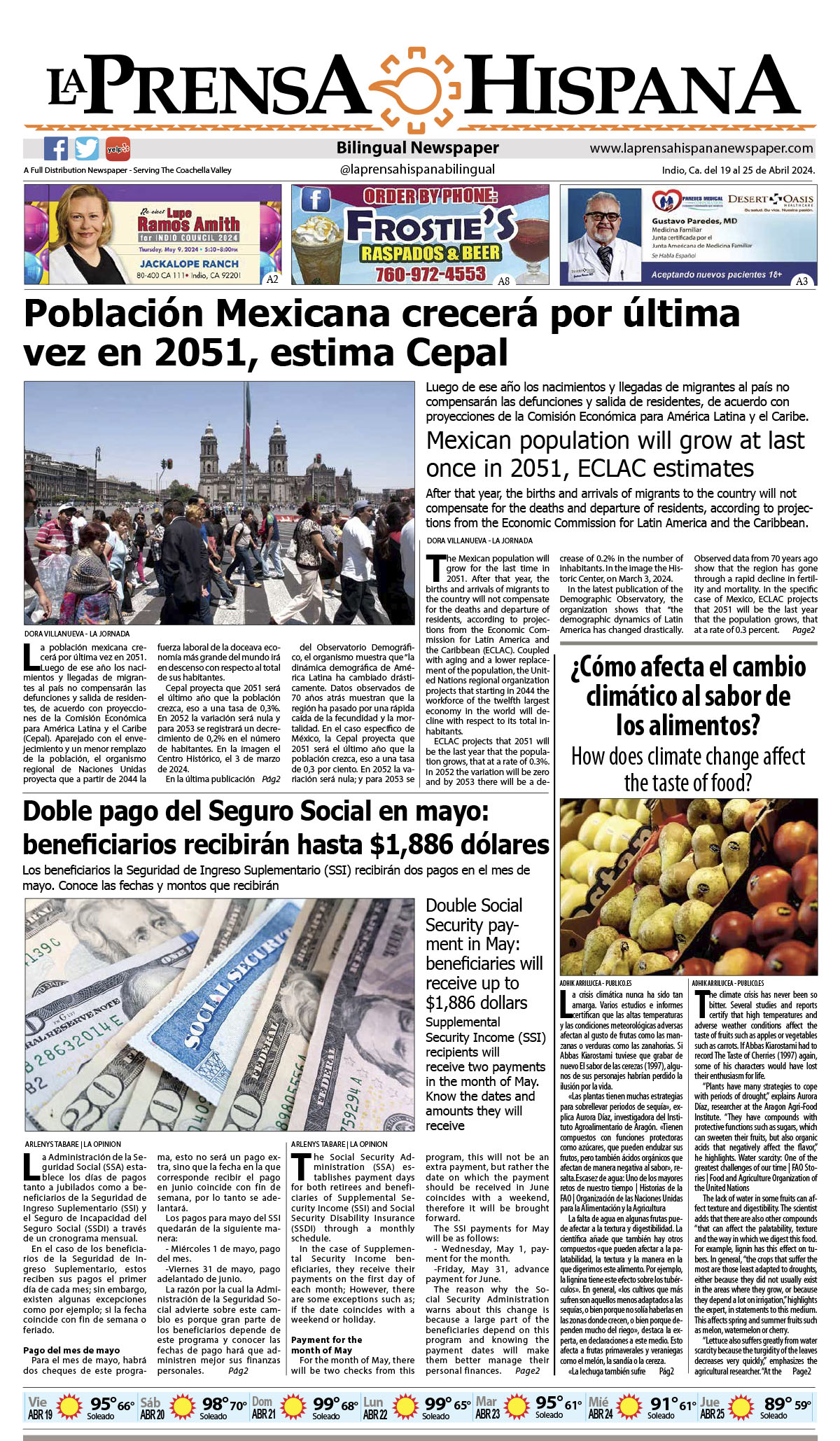
Sentido
Sense
El absurdo nos es extraño, desde que tenemos uso de razón le buscamos un sentido a las cosas. Nos exploramos a nosotros mismos y al mundo tratando de encontrarles un propósito, una lógica, una razón de ser. Pero, contradictoriamente, aceptamos también que nos enseñen y repitan que todo es producto de una explosión remota, de casualidad más tiempo, que nunca tuvimos un propósito y que nuestra corta vida es todo lo que hay.
¿Puede un universo sin sentido generar seres con anhelo insaciable de sentido? Si todo acaba aquí ¿de dónde vienen esas ansias humanas viscerales por un sentido trascendente? ¿De dónde pudo salir algo como el amor, los valores, el alma, la amistad o la belleza? ¿Por qué estamos llenos de leyes naturales y de complejidad inteligente e infinita? La teoría no parece encajar con la realidad.
Indaguemos el pasado. Lo más notorio que produjo la secular Ilustración del siglo XVIII no fue su infundada fe en el progreso, su materialismo radical o su divinización de la razón humana, sino sus innumerables baños de sangre y un vacío infinito del alma. De lo primero dan cuenta la época del terror jacobino, los salvajismos totalitarios de comunistas y nazis, y las guerras mundiales. De lo segundo, el surgimiento del existencialismo y su profunda angustia frente a la vida.
Viene a la mente Unamuno y su grito: “¡Tú también morirás, morirá todo, y en silencio infinito dormirá para siempre la esperanza!”, o la triste conclusión “científica” de Bertrand Russell: “Todos los trabajos de las edades, todos los esfuerzos, toda la inspiración, todo el brillo meridiano del genio humano están destinados a la extinción en la vasta muerte del sistema solar […] inevitablemente enterrados bajo los escombros de un universo en ruinas”.
Es decir, cuando la razón se racionalizó, cuando la ciencia se hizo cientificismo, cuando se alejaron de la búsqueda trascendente con la que habían empezado, el resultado fue absurdo, irracionalidad y vacío. Ese vacío que apenas logramos disimular hoy, hundidos como estamos en un mundo líquido, ajeno y alienante, un mundo que nos impone renunciar a nuestra búsqueda innata de sentido y de valor trascendente.
Pero no lo logra. Algo nos dice, como Clifford Geertz, que “el impulso tendente a buscarle un sentido a la experiencia es evidentemente tan real y acuciante como la más familiar de nuestras necesidades biológicas”. En el fondo, lo sabemos: fuimos diseñados para tener sentido.
The absurd is strange to us, since we can remember we look for a meaning to things. We explore ourselves and the world trying to find a purpose, a logic, a reason for being. But contradictorily, we also accept that they teach us and repeat that everything is the product of a remote explosion, by chance for a longer time, that we never had a purpose and that our short life is all there is.
Can a meaningless universe generate beings with an insatiable longing for meaning? If everything ends here, where do these visceral human yearnings for a transcendent sense come from? Where could something like love, values, soul, friendship, or beauty come from? Why are we full of natural laws and intelligent, infinite complexity? The theory doesn’t seem to fit reality.
Let’s investigate the past. The most remarkable thing that the secular Enlightenment of the 18th century produced was not its unfounded belief in progress, its radical materialism, or its divinization of human reason, but its innumerable bloodbaths and an infinite emptiness of the soul. The first is accounted for by the time of the Jacobin terror, the totalitarian savagery of communists and Nazis, and the world wars. Of the second, the emergence of existentialism and its deep anguish in the face of life.
Unamuno comes to mind and his cry: “You too will die, everything will die, and hope will sleep forever in infinite silence!”, Or the sad “scientific” conclusion of Bertrand Russell: “All the works of the ages, all the efforts, all the inspiration, all the meridian brilliance of the human genius are destined for extinction in the vast death of the solar system […] inevitably buried under the rubble of a universe in ruins.”
That is, when reason was rationalized, when science became scientism, when they moved away from the transcendent search with which they had started, the result was absurd, irrational and empty. That void that we can barely conceal today, sunk as we are in a liquid, alien and alienating world, a world that forces us to renounce our innate search for meaning and transcendent value.
But it does not succeed. Something tells us, like Clifford Geertz, that “the urge to seek meaning in experience is obviously as real and pressing as the most familiar of our biological needs.” Deep down, we know we were designed to make sense.
























